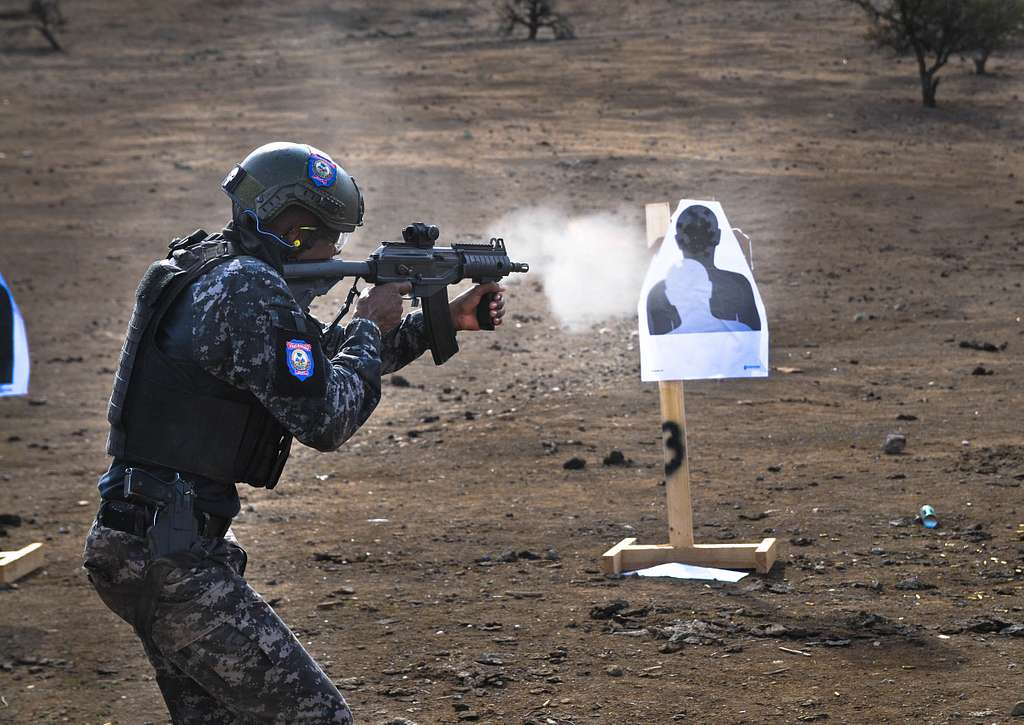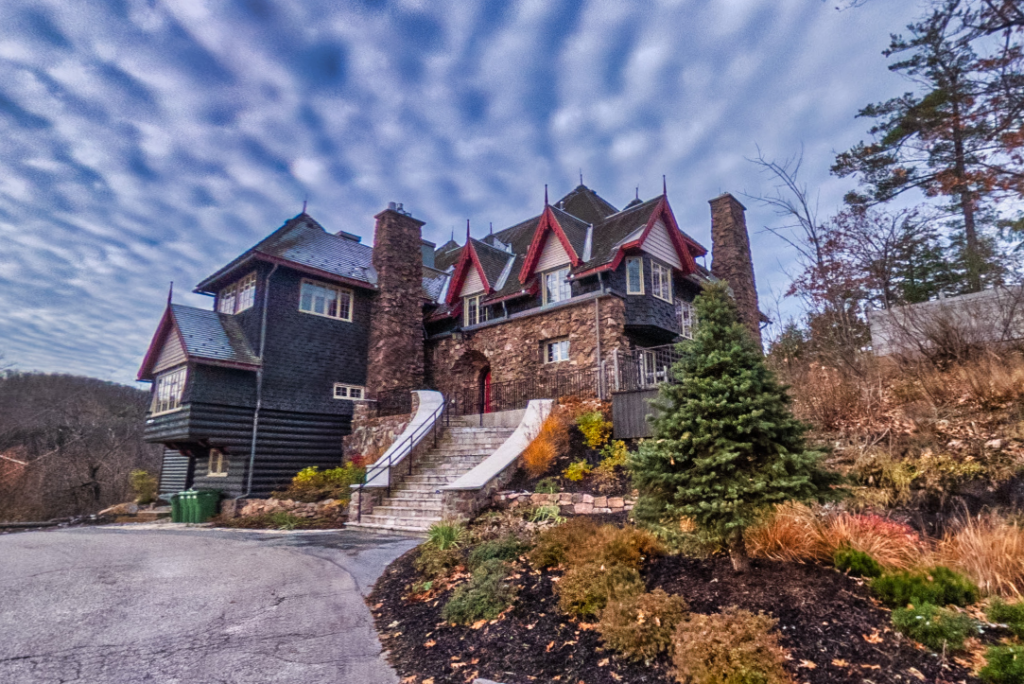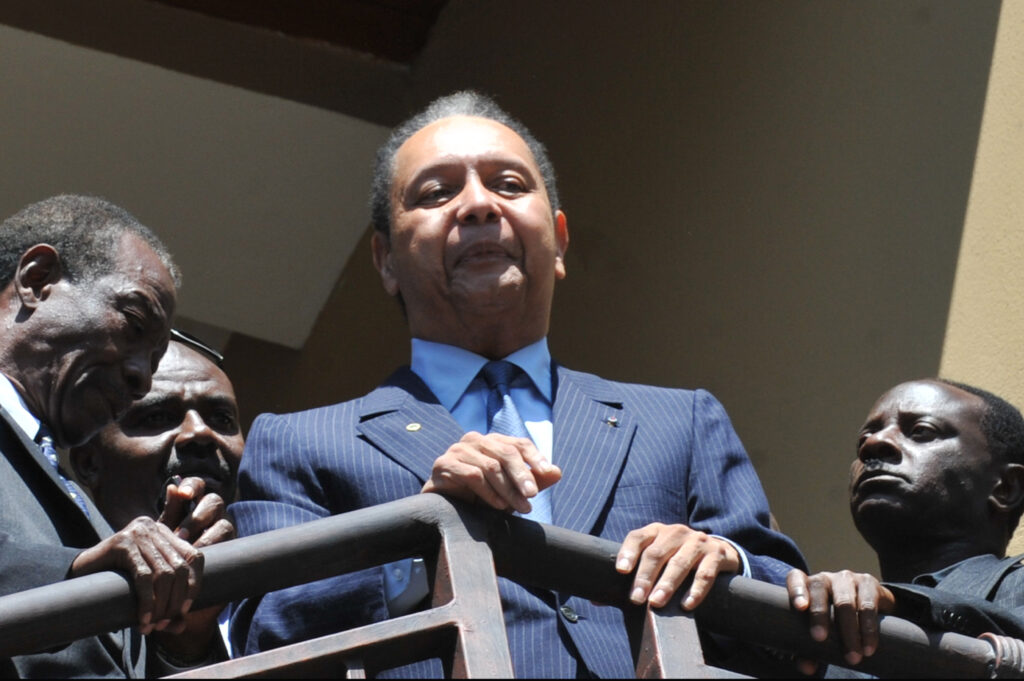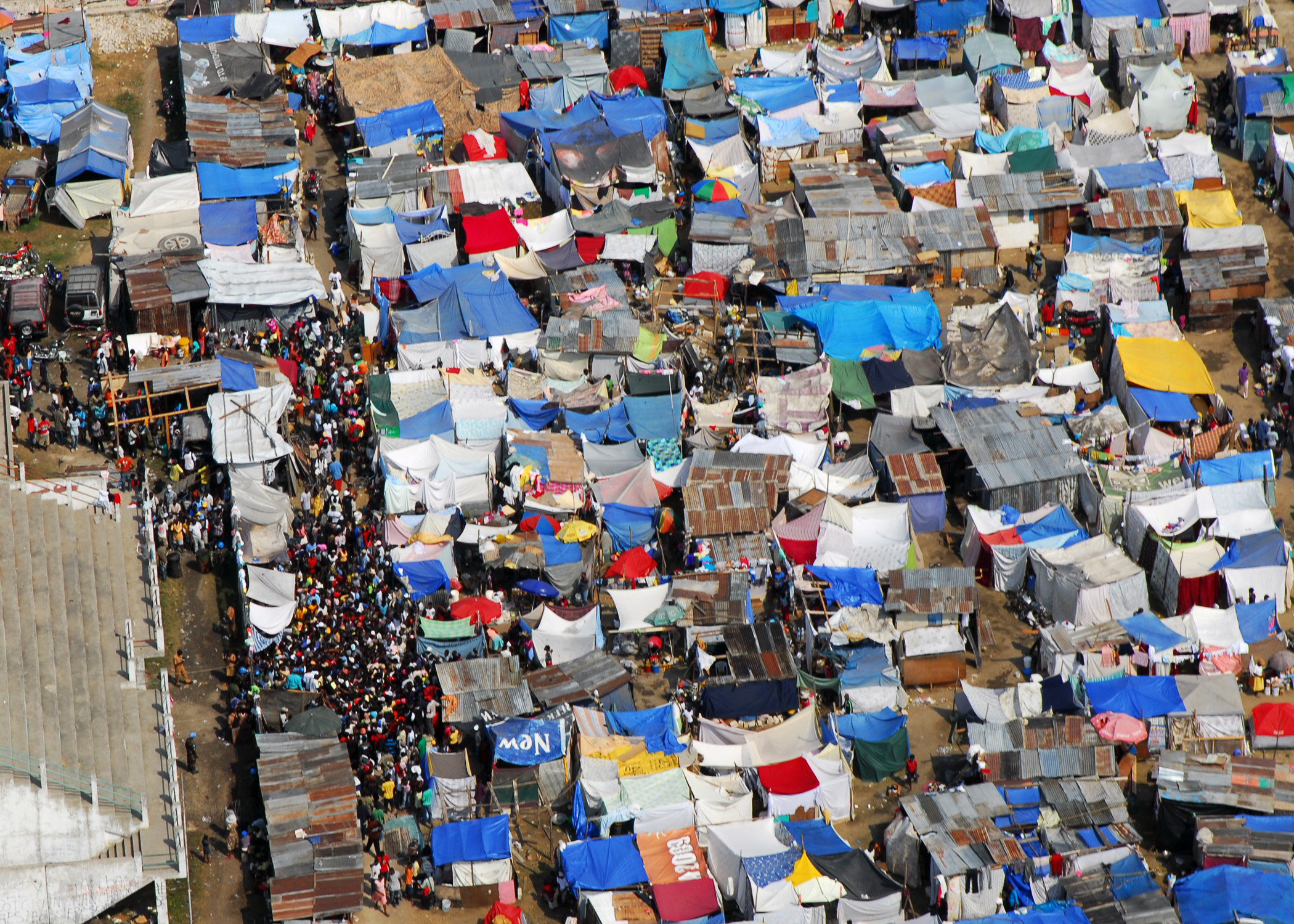Since the magnitude 7.0 earthquake that shook Haiti to its core in 2010, killing more than 100,000 people and causing billions of dollars in damage, Canada has sent more than $2 billion in aid to the country. Almost 15 years later, however, this money appears to have benefited Canadian mining and manufacturing oligarchs far more than the Haitian people.
Canada's government and its major non-profit organizations are second only to the United States in sending aid to Haiti, and have been pouring money into the country since the 1980s. Even before the earthquake, up to 80% of social services in Haiti came from foreign NGOs, religious groups, development banks, and private companies rather than the Haitian state.
Because local authorities have never been responsible for public services, they have never been able to develop sustainably and independently. While some of the money sent by Canada and its allies to the Caribbean country goes towards a haphazard patchwork of food aid, education, and healthcare services, a significant portion of it goes towards "security."
For decades, Canada has funded and helped train the Haitian National Police, who have been credibly accused of countless human rights abuses towards political dissidents and the most vulnerable Haitians. Canada is supporting an imminent mission to send 1,000 Kenyan paramilitary officers to put down the ongoing gang uprising that has shut down what remains of the Haitian state since March of this year.

These Kenyan officers are part of the elite Recce group founded in 1948 by British colonizers to quash the Mau Mau rebellion in Kenya. They have since suppressed similar uprisings across Africa and received extensive counterinsurgency training from the Israeli Defense Forces.
That mission is currently being challenged by lawyers and activists in Kenya who claim the deployment is illegal and unethical. The agreement allowing this intervention was signed by Haiti's unelected former president, Ariel Henry, and was not ratified by any parliamentary body.
The mission is an initiative of the United Nations Core Group, of which the U.S. and Canada are members. The Core Group has been effectively occupying Haiti since 2004 by directing the United Nations Stabilisation Mission in Haiti, handpicking the country's prime ministers and administering the national police.
The Core Group was established after the North American powers and their allies unseated Jean-Baptiste Aristide to quell dissent in the name of "maintaining democracy." The mission to unseat Aristide was outlined in the Ottawa Initiative, a project adopted during a conference held at a federally owned heritage building on Meech Lake, just northeast of Ottawa.
No Haitian representatives were present at the adoption of the Ottawa Initiative. The project saw Canada and its allies train and provide military support for the paramilitary force that kidnapped Aristide. However, Canada's interest in Haiti goes back much further than the Ottawa Initiative or even the beginning of its funding frenzy in the 1980s.

Canada first set its sights on the country in 1954, at a time when Haiti was being strip-mined for bauxite, an ore necessary for the production of aluminum. Through the Société d’Exploitation et de Développement Économique et Naturel (SEDREN), the Canadian oligarchy extracted tens of millions of dollars' worth of copper with extraction rights that were bought via the Organization of American States.
Throughout the Duvalier family dictatorship in the 1960s, '70s, and '80s, Canada and the U.S. began developing the NGO networks that came to dominate Haiti's future through humanitarian efforts to bring Haitian refugees fleeing state terror into Canada (especially to French-speaking Quebec).
While this process saved many lives, it systematically privileged educated, well situated, and wealthy Haitians who could navigate the migration bureaucracy and buy their way out of the country, which resulted in a persistent brain drain. By 2006, there were more Haitian doctors working in Montreal than in Haiti.
In the 1970s, at the height of Jean-Claude Duvalier's power, the UN helped establish and run Haiti's ministry of natural resources, funding projects to survey the country for minerals. After the dynasty's fall, these surveys revealed vast amounts of gold, silver and copper. Recent surveys have also revealed oil reserves.

Though these surveys were conducted under the guise of helping to strengthen the Haitian economy, extraction rights were sold to foreign mining companies, including Canadian-owned Majescor Resources Inc. and Eurasian Minerals Inc.
No major mining operations are currently active in Haiti, but proposed mines could destroy vast swathes of forest and arable land, displacing precarious subsistence farmers into already dense and impoverished urban slums.
Future armed interventions could enable these mining projects by ending the rebellion, as previous interventions have done. The infrastructure for these mines, along with the generated minerals and profits, will belong directly to Canadian and American capital, leaving customs duties and taxes as crumbs for the Haitian ruling class to vacuum up.
This systematic foreign exploitation redirects Haiti's wealth to other countries, stunting the development of a local owning and financial class. Dependency on foreign capital prevents Haitians from achieving an adequate quality of life.
Today, over 52% of Haiti's income comes from manufacturing and exporting clothing for foreign firms such as Montreal-based Gildan Activewear. Sweatshops workers in these industries make as little as four Canadian dollars per day. Poverty is extremely high in urban centres, and many Haitians rely on informal economies such as the sale of scrap metal or other scavenged goods for income.
- An Upheaval 200 Years in the Making
- How Canada’s oligarchy benefits from the chaos in Haiti


